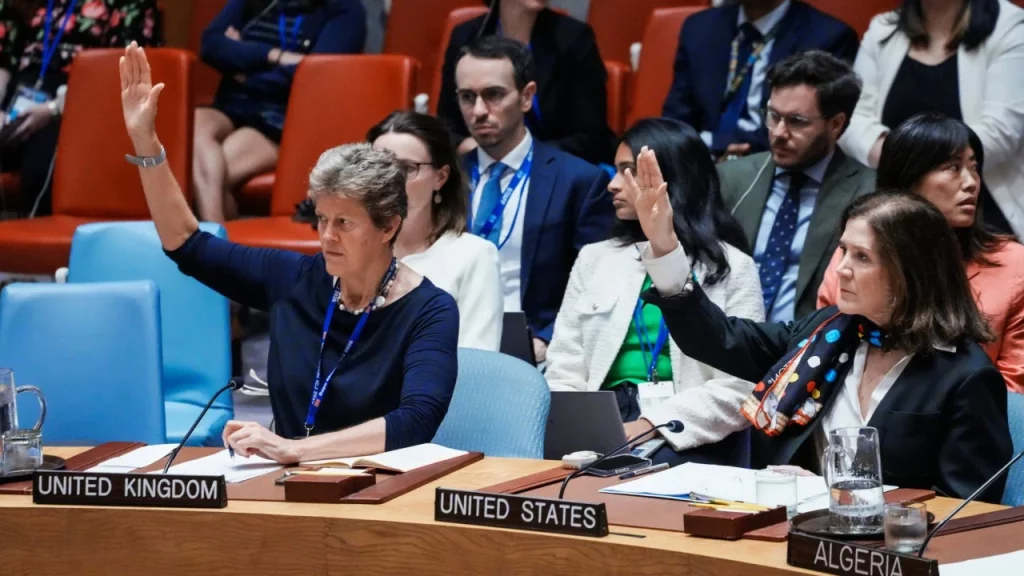UN Sanctions on Iran Set to Return This Saturday

United Nations sanctions against Iran are scheduled to be reinstated later on Saturday, a move that Tehran has warned will be met with a strong reaction. The sanctions follow accusations that Iran has not complied with the 2015 nuclear agreement, which was intended to prevent it from developing nuclear weapons.
The collapse of the deal — which involved Iran along with the UK, Germany, France, the U.S., Russia, and China — is expected to worsen tensions in the Middle East. This comes only months after Iranian nuclear facilities were struck by the U.S. and Israel.
Iranian President Masoud Pezeshkian sought to calm concerns, telling journalists before his departure from New York on Friday:
“It is not like the sky is falling.”
Efforts to postpone the reactivation of the UN measures, originally imposed between 2006 and 2010, were unsuccessful during talks held on the sidelines of this week’s UN General Assembly.
The return of sanctions is set for 8 p.m. EDT on Saturday (0000 GMT), following the UK, France, and Germany — the E3 — launching the snapback mechanism 30 days ago, citing Iranian violations of the 2015 deal. Iran has rejected claims it is seeking to build nuclear arms.
The European nations had proposed delaying the reimplementation of sanctions for up to six months if Iran agreed to resume cooperation with international nuclear inspectors, reduce its enriched uranium stockpile, and return to talks with the U.S.
“In past days and weeks, Iran has put forward multiple proposals to keep the window for diplomacy open. The E3 has failed to reciprocate while the U.S. has doubled down on its dictates,” Iranian Foreign Minister Abbas Araqchi posted on X on Friday.
Sanctions from the European Union are also expected to follow in the coming days.
While Iranian officials have pledged a tough response, President Pezeshkian stated on Friday that Iran has no plans to withdraw from the Non-Proliferation Treaty.
On Saturday, Iran announced it was calling back its ambassadors to the UK, France, and Germany for consultations.
Iran’s economy continues to struggle under the weight of sanctions that were reimposed in 2018 after the U.S., under then-President Donald Trump, exited the nuclear pact. The Iranian currency has taken a further hit, falling to 1,123,000 rials per U.S. dollar on Saturday — down from about 1,085,000 on Friday — according to foreign exchange tracking sites like Bon-bast.com.
The renewed sanctions will reintroduce a ban on arms sales to and from Iran, halt all uranium enrichment and related activities, and forbid any work involving ballistic missiles capable of delivering nuclear warheads. Dozens of individuals and entities will face travel bans and asset freezes, and countries will again be prohibited from supplying Iran with materials that could support its nuclear ambitions.
Additionally, nations will be authorised to seize and dispose of banned items under the UN restrictions. Iran will also be barred from participating in commercial ventures abroad that involve uranium mining, production, or the use of nuclear technologies or materials.

pin77 online https://www.pin77-online.com